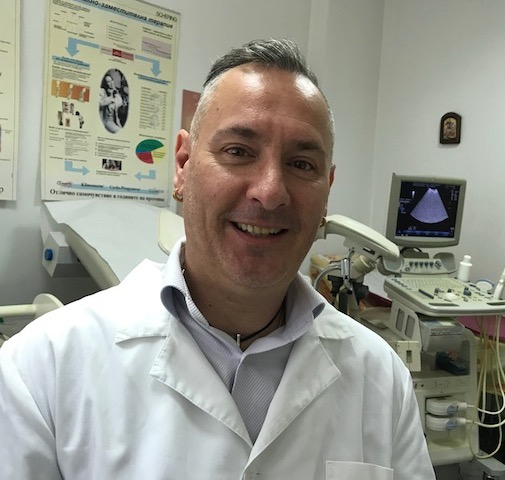Clinical trials are a key research tool to investigate new ways toprevent, treat, or detect conditions, such as en
approach or test works best for certain illnesses or groups of people, and whether
it is safe.
Doctors make treatment recommendations based on the best available researchevidence, which highlights the importance of continuing health research in areaswhere information is limited.
A clinical trial is a research study carried out by scientists and doctors to find out ifa new treatment, intervention, or test is safe and effective in people. This couldinvolve a new drug, diet, or medical device, and the trial will compare the effects of
the new treatment with another, existing, treatment.
For the study to take place, people are asked to volunteer to become participantsin trial. Depending on the trial, the people involved may be patients, healthypeople, or both.
Evidence shows that hospitals that are active in research and deliver clinicalresearch trials and studies have better patient outcomes.
Patients admitted to these research hospitals have more confidence in the clinicalstaff and are better informed about their condition and medical care.
Some reasons given by participants in clinical trials explaining why they decided toparticipate in and contribute to research:
- To help others (including family members who may potentially develop the
- same condition)
- To add to the body of information available for patients
- To receive the newest treatment
- To receive additional care and support from the clinical research staff
- To help advance medical knowledge
Evidence is limited in the field of endometriosis
- Can a cure be developed for endometriosis?
- What causes endometriosis?
- What are the most effective ways of educating healthcare professionalsthroughout the healthcare system resulting in reduced time to diagnosis andimproved treatment and care of women with endometriosis?
- Is it possible to develop a non-invasive screening tool to aid the diagnosis of endometriosis?
- What are the most effective ways of maximising and/or maintaining fertility in women with confirmed or suspected endometriosis?
- How can the diagnosis of endometriosis be improved?
- What is the most effective way of managing the emotional and/or psychological and/or fatigue impact of living with endometriosis (including
- medical, non-medical and self-management methods)?
- What are the outcomes and/or success rates for surgical or medical treatments which aim to cure or treat endometriosis, rather than manage it?
- What is the most effective way of stopping endometriosis progressing and/or spreading to other organs (e.g. after surgery)?
- What are the most effective non-surgical ways of managing endometriosis-related pain and/or symptoms (medical/non-medical)?
